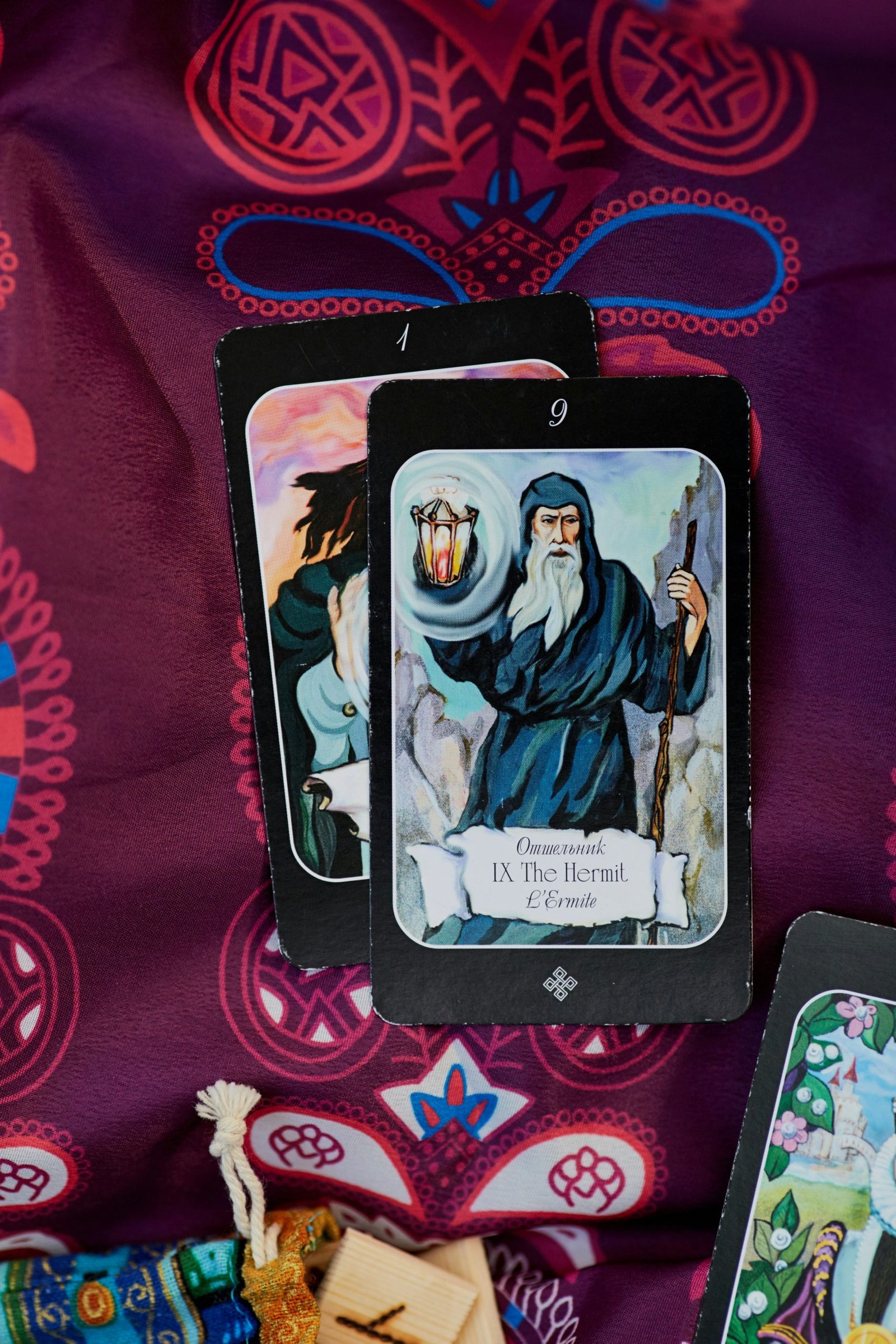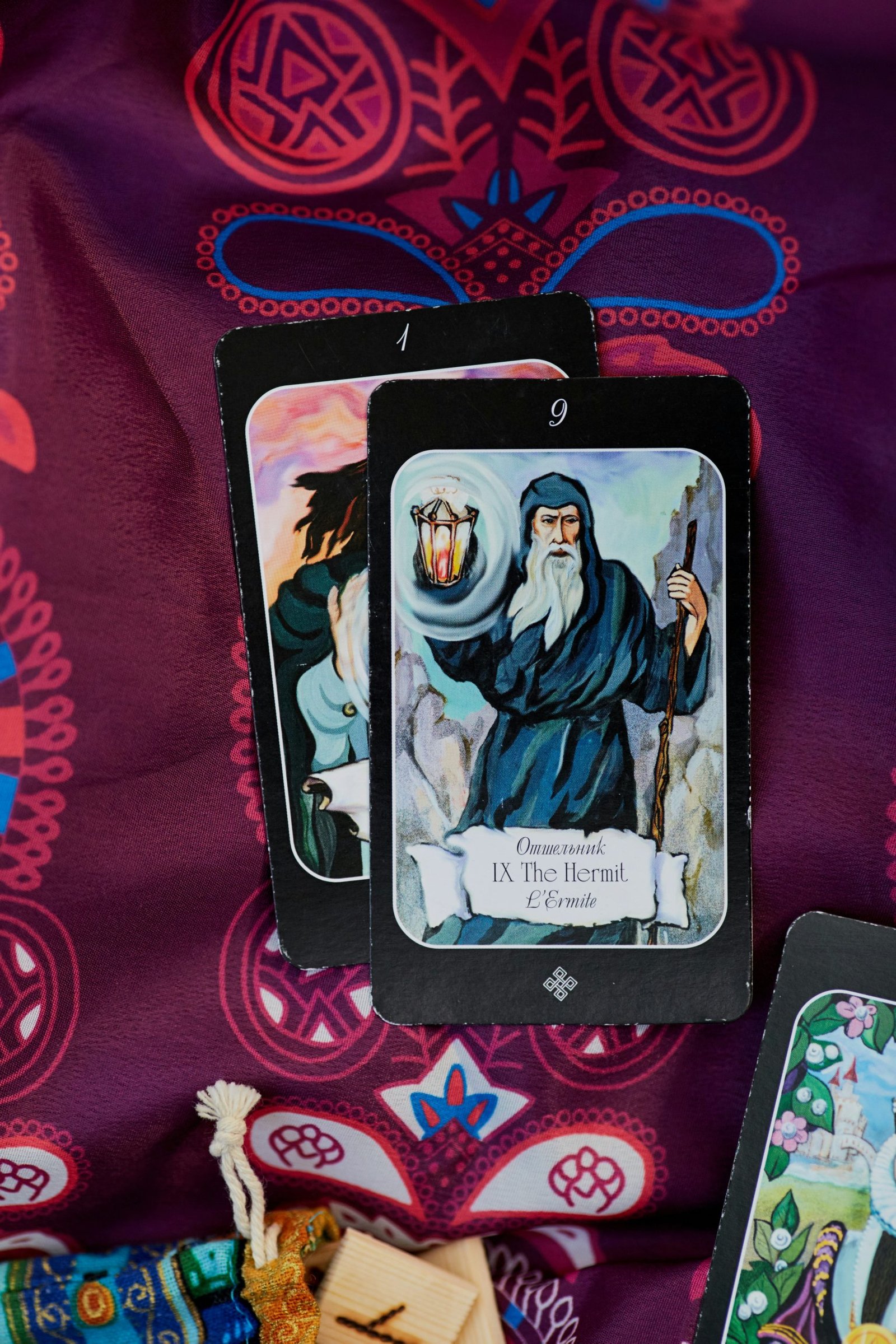Introduction to the D2 Chart
The D2 chart, also referred to as the Hora chart, holds a significant place in Vedic astrology, primarily for its detailed insights into financial prospects, wealth accumulation, and overall prosperity. Delving into this chart offers a deeper understanding of an individual’s potential when it comes to monetary success and resources management. Unlike the D1 chart, which provides a broader view of one’s life path and personality, the D2 chart focuses specifically on the financial dimension, helping to paint a clearer picture of one’s economic future.
For Leo Ascendants, the D2 chart carries particular importance. Leo, ruled by the Sun, naturally epitomizes characteristics like leadership, ambition, and a strong desire for recognition. These qualities play a crucial role in defining one’s approach to earning and managing wealth. The D2 chart for a Leo Ascendant, therefore, can offer nuanced insights that align with their inherent traits—shedding light on how best to harness their natural abilities to achieve financial success. In the context of Vedic astrology, understanding the Hora chart for a Leo Ascendant can provide valuable guidance on leveraging their ruling planet’s influence and making informed financial decisions.
The interconnectedness of different astrological charts in Vedic astrology cannot be overstated, and the D2 chart’s focus on wealth brings a specific lens through which financial potential can be assessed. For instance, it can reveal tendencies towards savings, investment strategies, and potential periods of financial upsurge or decline. For Leo Ascendants, this chart emphasizes the importance of aligning their inherent drive and leadership qualities with their financial strategies, ensuring a coherent approach to wealth building.
Therefore, grasping the essentials of the D2 chart opens up avenues for understanding one’s financial blueprint. For Leos, this becomes an indispensable tool in aligning their ambitious nature with the practical aspects of wealth management, paving the way for a more prosperous existence.
The Significance of Leo Ascendant in Astrology
The Leo Ascendant, often recognized for its vibrant and dynamic nature, plays a pivotal role in shaping an individual’s astrological profile. As a fire sign, Leo imbues those who possess it with a remarkable sense of energy, enthusiasm, and self-confidence. This fiery influence inherently positions Leo Ascendants as natural-born leaders, driving their ambition and igniting their path to success.
One of the defining characteristics of a Leo Ascendant is their generous spirit. With their hearts ablaze with grandeur, they often exhibit a magnanimous approach to relationships, eagerly sharing their resources, and extending help wherever needed. Their generosity is sometimes seen in their financial decisions too, where they may prioritize spending on loved ones and charitable causes, reflecting their inherent desire to make significant and positive impacts on the lives around them.
In terms of their professional lives, Leo Ascendants possess a unique ambition that frequently sets them apart. Their leadership qualities drive them toward roles where they can exert influence and command respect. This proclivity for leadership and their determined nature can often lead them to pursue high-paying careers, aiming for positions that promise not only financial abundance but also an avenue to showcase their capabilities and earn admiration.
However, their approach to wealth is not solely driven by an urge for power and respect. The element of the fire sign fuels their passion for achieving their goals with fervor and determination. Yet, it is their generosity and desire for recognition that push them to make financial decisions that balance personal gain with contributions to society and the welfare of those around them.
Overall, the Leo Ascendant’s blend of leadership, generosity, and ambition creates a complex profile that influences every aspect of their lives, particularly their approach to wealth and financial matters. Understanding these intrinsic qualities is crucial for interpreting their D2 chart, as it provides insights into how they manage resources and achieve financial stability while striving to leave a legacy marked by generosity and influence.
Decoding the D2 Chart: Houses and Planets
The D2 chart, also known as the Hora chart, is an essential component in Vedic astrology, particularly for assessing an individual’s financial potential. For Leo Ascendants, understanding the positions and influences of the 12 houses in the D2 chart provides a nuanced insight into their monetary outlook. Each house in the D2 chart has specific connotations, and their interactions with various planets can significantly influence wealth accumulation.
The first house, or the Ascendant, represents the self and general temperament. For Leo Ascendants, the presence of well-positioned planets such as the Sun or Jupiter here can indicate robust financial health. The second house is directly related to wealth, family, and speech, making it crucial for understanding financial stability. A strong second house, ideally with benefic planets like Venus or Mercury, suggests financial prosperity.
The third house involves courage, communication, and initiatives. For Leo Ascendants, the influence of Mars in the third house can foster enterprise and drive, contributing to earning potential. The fourth house governs domestic comforts and assets like property and vehicles. Benefic planets such as Moon and Venus here can enhance one’s accumulation of material assets.
Conversely, the fifth house pertains to creativity, investments, and progeny. The presence of Jupiter in this sector often leads to good luck in speculative gains, whereas the sixth house, dealing with debts and service, can reflect challenges in financial stability if afflicted by malefic planets like Saturn or Rahu.
With the seventh house influencing partnerships and business ventures, Leo Ascendants benefit from favorable planets here, which can yield profitable partnerships. The eighth house involves sudden changes, and inheritance; a positive alignment here, particularly with Jupiter, may indicate unexpected financial windfalls.
The ninth house emphasizes fortune and higher learning, with benefic influences promising growth in wealth through opportunities such as international business and higher education. The tenth house is critical for career and professional status, where a strong Sun or Mars can substantially uplift financial prospects for Leo Ascendants.
The eleventh house signifies gains and achievements, and the presence of planets like Mercury or Venus can enhance income through social networks and aspirations. Lastly, the twelfth house, which deals with expenses and losses, can pose financial challenges. However, well-aspected planets like Mars or Jupiter can mitigate potential financial drains through wise expenditures and charitable actions.
In conclusion, the interplay of houses and planetary positions in the D2 chart for Leo Ascendants offer valuable insights into wealth accumulation and financial stability. Understanding these influences can guide strategic financial planning and decision-making.
Interpreting Key Planetary Positions for Leo Ascendants
The D2 chart, integral to Vedic astrology, holds significant insights into financial matters for Leo Ascendants. For these individuals, the Sun, being their ruling planet, exerts paramount influence. The Sun’s placement in the D2 chart can illuminate one’s capacity for financial leadership and decision-making. When located in favorable houses, such as the 2nd, 6th, or 10th houses, the Sun tends to bolster financial prospects, indicating a strong potential for high status and wealth accumulation.
The Moon, symbolizing intuition and emotions, also plays a crucial role. Its position in the D2 chart assists in understanding the fluctuating aspects of one’s financial circumstances. A well-placed Moon, particularly in trines or the 11th house, tends to offer financial stability and support from family resources or networks. Conversely, an afflicted or weak Moon could signify erratic income streams and emotional spending habits that might hinder financial security for Leo Ascendants.
Jupiter, the planet of expansion and growth, significantly impacts the wealth and prosperity of Leo Ascendants. Jupiter’s placement in the D2 chart reflects one’s ability to attract abundance and engage in wise financial planning. If Jupiter occupies auspicious positions, like the 5th or 9th houses, it generally indicates prosperous financial ventures and substantial gains through investments or speculative activities. On the contrary, a challenged Jupiter might prompt overexpansion or misguided optimism in financial decisions.
Mercury, associated with intellect and communication, contributes to the management and adaptability of one’s finances. In the D2 chart, Mercury’s favorable placement, especially in the 2nd, 5th, or 7th houses, can enhance financial acumen, enabling Leo Ascendants to effectively navigate complex financial landscapes and negotiate favorable terms. A debilitated Mercury, however, may result in poor financial judgment and difficulties in managing resources efficiently.
Understanding these key planetary positions in the D2 chart allows Leo Ascendants to gain valuable insights into their financial dynamics, empowering them to make informed decisions that foster financial prosperity and long-term stability.
Wealth Indicators in the D2 Chart for Leo Ascendants
For Leo Ascendants, the D2 chart, also known as the Hora chart, is an essential tool for analyzing financial stability and prosperity. The D2 chart provides an in-depth look at one’s wealth potential beyond the basic natal chart, offering insights specific to earnings and financial gains. Key planets, combinations, and aspects within the D2 chart can reveal significant traits regarding monetary success for Leo Ascendants.
In the context of Leo Ascendants, the Sun, as the ruling planet, plays a pivotal role in determining wealth indicators. When the Sun is well-placed in the 2nd house, which governs finances, or forms auspicious aspects with benefic planets like Jupiter or Venus, it augments financial prosperity. Additionally, a well-aspected Sun reinforces self-confidence and leadership qualities, often leading to lucrative opportunities.
Jupiter, often regarded as the planet of expansion and growth, is another critical indicator of wealth within the D2 chart for Leo Ascendants. If Jupiter is favorably positioned in the 5th or 9th houses and aspects the 2nd or 11th houses, it can signify substantial financial gains and an overall improvement in economic stability. A strong Jupiter encourages wisdom and prudent financial decisions, which are instrumental in wealth accumulation.
Venus, associated with material comforts and luxuries, also contributes to wealth potential. When Venus occupies a favorable position in the D2 chart, such as the 4th or 11th houses, it signals a propensity for acquiring wealth through lucrative ventures and enhanced social standing. Venus in conjunction with benefic planets tends to enhance one’s ability to attract resources and maintain financial security.
Astrological combinations, such as mutual aspects or conjunctions between the Sun, Jupiter, and Venus, often serve as auspicious alignments, amplifying the potential for financial success. Furthermore, the presence of the North Node (Rahu) in wealth houses or its beneficial interaction with key planets can indicate sudden and unexpected financial windfalls.
In summary, understanding the primary wealth indicators in the D2 chart for Leo Ascendants involves closely analyzing the placements and interactions of the Sun, Jupiter, and Venus. These planets, combined with auspicious alignments and aspects, provide valuable insights into one’s financial potential and stability.
Common Financial Challenges for Leo Ascendants
For Leo Ascendants, the D2 chart can provide crucial insights into potential financial challenges. One of the primary concerns often encountered involves the planetary positions and their aspects. The second house in the D2 chart is directly associated with wealth and financial stability, and any malefic influences here can signify financial difficulties or instability. The most common malefic planets affecting finances are Saturn, Mars, and Rahu.
Saturn’s placement in the second house or its aspects can suggest periods of financial hardship or delays in income. Saturn’s influence tends to create a slow buildup of wealth, often requiring immense patience and persistent effort. For Leo Ascendants, managing this energy positively can involve adopting disciplined financial practices and setting long-term, realistic financial goals.
Similarly, Mars in the second house can bring about impulsive spending or financial losses through hasty decisions. Mars’ fiery nature tends to push for quick gratification, leading to unstable financial circumstances. Leo Ascendants need to cultivate restraint and deliberate planning to counterbalance Mars’ aggressive tendencies. Strategic investments and avoiding risky financial moves can significantly help in mitigating potential losses.
Rahu, known for its unpredictable and illusory nature, can create financial instability when positioned in or aspecting the second house. Rahu’s presence might lead to sudden financial gains followed by unexpected losses, creating a rollercoaster of financial fortune. To navigate Rahu’s challenging energy, Leo Ascendants should exercise caution and attempt to ground their financial decisions in thorough research and realistic expectations.
The D2 chart may also reflect the influence of other planets like Jupiter, Venus, or Mercury, whose benefic aspects can provide relief and opportunities for financial growth. By paying attention to the transits and periods (dasha) of these planets, Leo Ascendants can anticipate and leverage periods of financial upliftment. Engaging with financial advisors or seeking astrological guidance during difficult times can also offer viable pathways to navigate these challenges with wisdom and foresight.
Remedies and Enhancements for Financial Prosperity
For Leo Ascendants seeking to bolster their financial stability, astrological remedies can play a significant role. From reciting specific mantras to wearing certain gemstones, these traditional practices are believed to channel positive energies and mitigate the adverse effects of challenging planetary positions.
One recommended approach involves the chanting of mantras dedicated to the Sun, the ruling planet of Leo. Reciting the “Om Surya Namaha” mantra 108 times daily can invoke the Sun’s benevolent influence, enhancing both vitality and financial growth. Additionally, this mantra is beneficial for reinforcing leadership qualities and confidence, which are essential traits for financial success.
Another practical remedy is the use of gemstones. Ruby, known for its association with the Sun, is particularly effective for Leo Ascendants. Wearing a ruby gemstone set in gold can amplify the positive vibrations of the Sun, fostering a prosperous and stable financial state. It’s advisable to consult an astrologer to determine the appropriate carat weight and day to wear the gemstone for optimal benefits.
Ritualistic practices also hold substantial importance. Performing the “Aditya Hridayam” ritual on Sundays, which involves the worship of the Sun, is highly recommended. This ritual alleviates financial difficulties and attracts monetary gains by harnessing the Sun’s powerful energy. Moreover, donations, especially those related to fire, such as ghee lamps or red clothes, can appease the Sun and bring about financial prosperity.
Furthermore, specific planetary positions like an afflicted Jupiter or Saturn can be remedied through targeted actions. For instance, if Jupiter is weak, incorporating the color yellow in daily life, donating yellow clothes, or chanting the “Om Brihaspataye Namaha” mantra can strengthen its influence, inviting growth and wealth. Similarly, for Saturn-related afflictions, wearing dark blue clothes on Saturdays and chanting “Om Sham Shanicharaya Namaha” can help mitigate negative effects.
By integrating these remedies into daily routines, Leo Ascendants can significantly enhance their financial prospects. While ancient in origin, these practices continue to offer a harmonious balance of celestial forces, paving the way for sustained financial well-being.
Real-Life Case Studies
To comprehend the profound impact of D2 charts on the financial trajectories of Leo Ascendants, we turn to real-life case studies. The D2 chart, known as the Hora chart, offers an intricate analysis of one’s wealth potential and financial inclinations. By evaluating the experiences of individuals, we can observe the practical applications and outcomes of astrological guidance.
One notable example is that of Ravi, a Leo Ascendant with a predominantly robust D2 chart. His analysis indicated strong placements of the Sun and Jupiter, planetary influences traditionally associated with wealth and prosperity in Vedic astrology. Ravi, who had been considering a significant investment venture, consulted his astrologer who advised him to proceed cautiously, highlighting periods of favorable planetary transits. Indeed, Ravi’s investments flourished during these positive phases, validating the financial insights drawn from his D2 chart. His success story underscores the potential accuracy of astrological predictions when leveraged judiciously.
Contrastingly, consider Priya, another Leo Ascendant, whose D2 chart revealed challenging planetary positions. Weak Mars and Saturn placements suggested financial turbulence. Heeding this warning, Priya adopted a conservative financial approach, focusing on savings and cautious investments. Despite the initial difficulties, her methodical strategy allowed her to navigate financial obstacles effectively. This case illustrates how understanding adverse D2 chart indications can help preempt and mitigate potential financial hardships.
Lastly, Anil’s journey as a Leo Ascendant demonstrates the transformative resilience inspired by astrological counsel. His D2 chart highlighted fluctuating periods due to the mixed influences of Venus and Mercury. Initially unfamiliar with astrological guidance, he sought advice after experiencing erratic financial patterns. Aligning his financial decisions with favorable planetary periods helped stabilize his finances, thus substantiating the practical utility of D2 chart insights.
These case studies illuminate the practical implications of D2 chart readings for Leo Ascendants. Whether revealing fortuitous opportunities or cautioning against potential pitfalls, the D2 chart serves as a pivotal tool for financial planning. By following astrological advice, individuals can navigate their financial journeys with an informed and strategic approach, enhancing their prospects for financial stability and growth.






